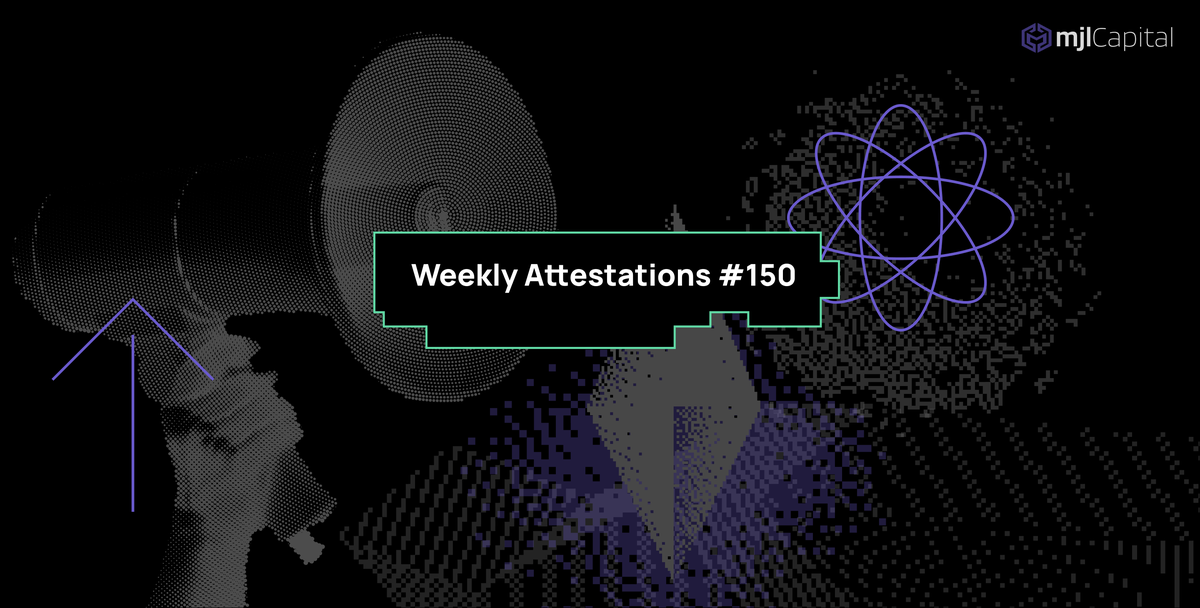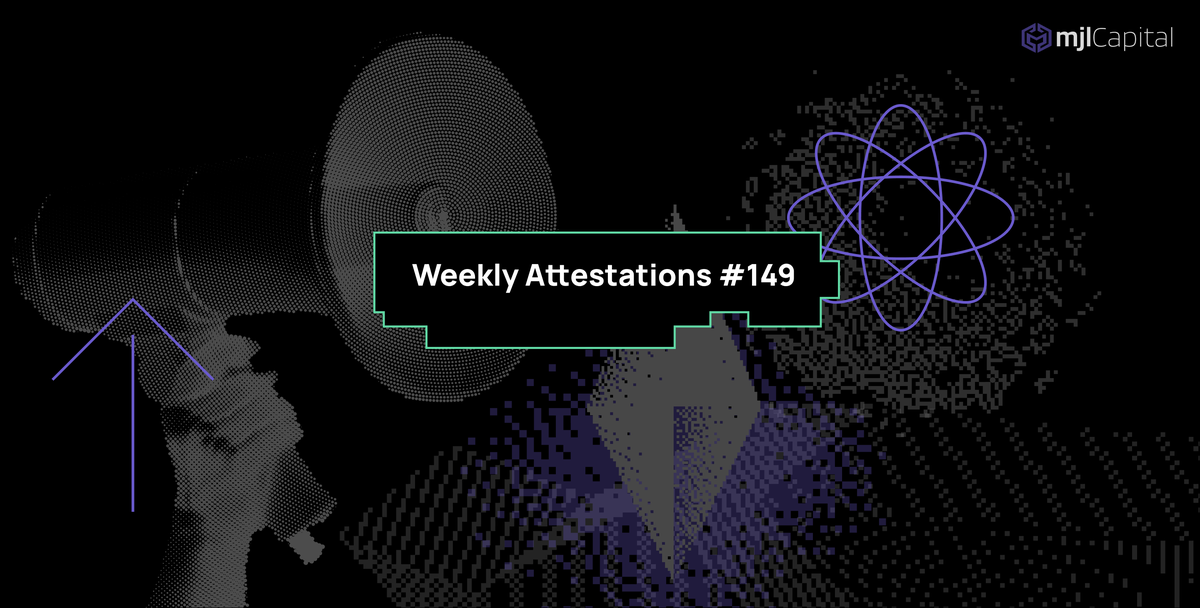Approved
The US Securities and Exchange Commission (SEC) recently approved the sale of spot Ether Exchange-Traded Funds (ETFs) in the United States, following a rule change request from several exchanges, including Nasdaq, NYSE, and CBOE. This decision mirrors the SEC's earlier approval of Bitcoin ETFs and ETPs in January 2024, marking a significant step in the crypto regulatory landscape. The approval process involved a focus on preventing fraud and manipulation, with an emphasis on surveillance-sharing agreements with the Chicago Mercantile Exchange (CME) for market oversight. Each exchange proposing Ether-based ETPs had to demonstrate comprehensive surveillance procedures to ensure market integrity and investor protection. Furthermore, the SEC approved the rule 19b-4 forms for eight ether ETF applications, including BlackRock (BLK), Fidelity (FNF), Grayscale, ARK Invest, VanEck, Invesco Galaxy, and Franklin Templeton, which is a key step in the regulatory process. However, trading will not commence immediately, as issuers await individual SEC approval for ETF registration statements.
Token Specific News
The Next DeFi Yield Meta
As per a recent Messari report, DeFi has thrived on high APYs through Yield Metas, which attract new capital and create ecosystems optimized for yield capture. As EigenLayer points farming winds down, the industry is looking for the next Yield Meta. Ethena and MakerDAO are potential candidates, with MakerDAO showing greater promise due to its upcoming SubDAO farming initiative. As part of the Maker Endgame strategy, MakerDAO plans to create AllocatorDAOs to manage DAI and source profitable collateral across various asset types. These AllocatorDAOs will distribute tokens to DAI and MKR stakers through SubDAO farming, potentially offering significantly increased yields. Currently, MakerDAO trades at a discount compared to similar protocols, but SubDAO farming could re-rate its valuation, providing APYs of 15% to 30% for DAI stakers. This innovative approach positions MakerDAO as a key player in the next DeFi Yield Meta, showcasing the importance of adaptive governance and innovative financial strategies in sustaining DeFi's growth.
The Evolution of Coin Issuance
The issuance of Bitcoin in 2009 marked a monumental achievement in mathematics and software engineering, paving the way for the emergence of countless digital coins in subsequent years. Litecoin followed in 2011, with Ripple and numerous others debuting in the 2013-2014 period. Ethereum, funded by an ICO in 2014 and launched in 2015, accelerated coin issuance as ICOs became a popular fundraising method. By 2019, over 2,300 ICOs had been conducted, predominantly on Ethereum's smart contracts. The proliferation of faster networks like Solana and Base facilitated a surge in coin launches, notably meme coins, with over one million new coins launched between April and mid-May. Central to this acceleration is Pump.Fun, launched in 2023 to streamline coin creation with minimal capital and technical requirements. Despite its simplicity, Pump.Fun has become a lucrative platform, generating significant fee revenue and enabling rapid reactions to emerging memes. However, recent exploits highlight the challenges of this fast-paced ecosystem, underscoring the need for robust security measures as the cryptocurrency landscape continues to evolve.

Source: Dune
Restaking to Bitcoin
Developers are racing to replicate the success of Ethereum's restaking sector within the Bitcoin ecosystem, valued at $1.2 trillion. BounceBit, a Layer 1 network backed by Binance, recently outlined its 2024 roadmap, aiming to introduce a "shared security client module" to enable third-party projects to leverage the liquidity deposited on its BTC restaking chain. Having already secured a TVL of over $1 billion since its mainnet launch, BounceBit's approach involves users staking its native BB token alongside Bitcoin to ensure chain security. This move mirrors the model pioneered by EigenLayer on Ethereum, where stakers can earn additional yield by pledging their stake to secure third-party services. Additionally, projects like Mind Network and Bedrock are tapping into Babylon, a Cosmos-based Bitcoin staking network, to develop BTC-based restaking solutions, further expanding the options for investors looking to participate in the growing restaking ecosystem.
Regulation
Fit 21
The U.S. House of Representatives has approved the Crypto FIT21 bill with strong support from Democratic lawmakers. This legislation, officially known as the Financial Innovation and Transformation in the 21st Century (FIT21) Act, aims to establish a regulatory framework for cryptocurrencies and related financial technologies. It addresses various aspects such as consumer protection, market integrity, and fostering innovation in the crypto space. The bill's approval reflects a proactive approach by lawmakers to adapt regulations to the rapidly evolving crypto landscape. This development underscores bipartisan acknowledgment of the importance of crypto innovation while emphasizing the need for appropriate oversight to mitigate risks and ensure market stability. The passage of the FIT21 Act through the House signifies a significant step forward in the ongoing discussion surrounding crypto regulation in the United States.
China's Debt Dump and Stablecoin Solutions
In a shifting global landscape, China's accelerated selling of US debt alongside its increased gold reserves raises alarms, signaling a transition from yield-insensitive to yield-sensitive buyers amidst rising US interest rates. Philip Pilkington underscores the risks posed by this shift, particularly if the Federal Reserve responds to economic downturns with significant interest rate cuts, potentially prompting weak-handed investors to flee. Amidst these challenges, stablecoin issuers emerge as unlikely but significant players in stabilizing the Treasury market, holding substantial US Treasuries and garnering attention from influential policymakers like former Speaker Paul Ryan. Their growing prominence hints at a potential solution amidst uncertainties over China's actions, indicating a possible paradigm shift in financial strategies. As traditional power dynamics evolve, the crypto industry's innovative approaches, exemplified by stablecoins, may offer a crucial lifeline in navigating the complexities of today's financial environment.

Source: Bloomberg, US Department of the Treasury
The Genesis of a $3B Deal
The New York Attorney General's office has announced a landmark $2 billion settlement with Genesis, the crypto lender owned by Digital Currency Group (DCG), aimed at repaying users affected by the firm's 2023 bankruptcy filing. This settlement, approved late Friday, is expected to reimburse users for approximately 77% of the crypto funds they entrusted to Genesis in exchange for yield. New York Attorney General Letitia James emphasized that such settlements are crucial to ensure justice for investors who suffer losses due to fraud and manipulation. Genesis filed for bankruptcy in January 2023 amid a series of related crypto collapses, including the sudden shutdown of FTX exchange and crypto hedge fund Three Arrows Capital. In addition to the settlement with users, Genesis and DCG have been embroiled in a public dispute with crypto exchange Gemini over owed funds totaling $900 million via Gemini Earn lending platform. As part of the settlement process, Genesis gained approval to sell shares worth $1.6 billion in Grayscale Bitcoin Trust and other Grayscale crypto products, while also reaching a $21 million settlement with the U.S. Securities and Exchange Commission (SEC). Gemini itself agreed to repay its Earn program customers $1.1 billion and pay a $37 million fine to the New York Attorney General's office.
House Passes CBDC Anti-Surveillance State Act
The US House of Representatives passed the Central Bank Digital Currency (CBDC) Anti-Surveillance State Act with a 216-192 vote. Introduced by Rep. Tom Emmer (R-Minn.), the bill aims to prevent the Federal Reserve from directly offering a CBDC to individuals and using it for monetary policy. Three Democrats—Reps. Mary Peltola (Alaska), Marie Perez (Washington), and Jared Golden (Maine)—supported the bill, while no Republicans opposed it. Emmer stressed that the legislation ensures the US digital currency policy aligns with American values of privacy, individual sovereignty, and free-market competitiveness. The bill now heads to the Democrat-controlled Senate, which is also considering joint resolution 109 to overturn the SEC’s staff accounting bulletin (SAB) 121. This marks the second crypto-focused bill passed by the House this week, following the Financial Innovation and Technology for the 21st Century Act (FIT21 Act), which received bipartisan support and also advanced to the Senate.
Redefining Economic Paradigms in El Salvador
El Salvador's groundbreaking embrace of Bitcoin as legal tender has propelled it into the forefront of the crypto revolution. Since November 2022, the nation has consistently purchased one Bitcoin daily, leveraging its abundant and eco-friendly geothermal energy to mine additional coins. With a total stash of 5,752 BTC, valued at approximately $373 million, El Salvador has not only showcased transparency by making its crypto wallets public but has also realized remarkable gains, sitting on $66 million in unrealized profits. Utilizing innovative financing methods, including the potential issuance of Bitcoin bonds, the country aims to further bolster its crypto holdings and advance infrastructure projects. With its current strategy, projections suggest El Salvador could accumulate 7,815 BTC, valued at around $510 million, in the next five years. Such lucrative gains have spurred speculation that the nation could potentially pay off its loans to the International Monetary Fund should Bitcoin reach $100,000. El Salvador's pioneering efforts underscore the transformative power of cryptocurrency in reshaping national economies and financial landscapes globally.

Source: NayibTracker
Other Domestic Regulation Updates
- Did U.S. Regulators Just Legitimize MEV Extraction?
- Grayscale CEO Michael Sonnenshein Steps Down
- Uniswap responds to SEC Wells notice, says litigation is not the path forward
- Genesis Set to Return $3B Customer Assets in Finalized Bankruptcy Liquidation Plan
- UN Monitors: North Korea Laundered $147.5MM on Tornado Cash in March - Reuters
- Tornado Cash Developer Gets 5+ Year Prison Sentence
- Switzerland Plans to Adopt CARF Global Tax Reporting Standard
Other International Regulation Updates
- Feds Charge Chinese Nationals in $73 Million 'Pig Butchering' Crypto Scam
- Report: 10+% of South Koreans Are Now Retail Crypto Traders
- Kraken Denies Delisting Plans For Tether In Europe
Pain & Gain
Pain
- Memecoin Launchpad Pump.Fun Loses Nearly $2M In Exploit
- Number of new Bitcoin wallets drops to lowest level since 2018
- LayerZero Labs Identifies 800,000 Potential Sybil Addresses in Public List
- Web3 Gaming Token GALA Crashes After $240M Exploit
Gain
Important Legal Notices
This reflects the views MJL Capital LLC (“MJL”), but it should in no way be construed to represent financial or investment advice. Nothing in this correspondence is intended to constitute or form part of, and should not be construed as, an issue for sale or subscription of, or solicitation of any offer or invitation to subscribe for, underwrite, or otherwise acquire or dispose of any security, including any interest in any private investment fund managed by MJL. Any such offer may only be made pursuant to a formal confidential private placement memorandum of any such fund, which may be furnished to potential investors upon request and which will contain important information to be considered in connection with any such investment, including risk factors associated with making any investment in any such fund. Further, nothing in this correspondence is, or is intended to be treated as, investment or tax advice. Each recipient should consult their own legal, tax and other professional advisors in connection with investment decisions.
Domenic Salvo is a Managing Partner at MJL Capital, helping lead Portfolio Research and Investor Relations.




